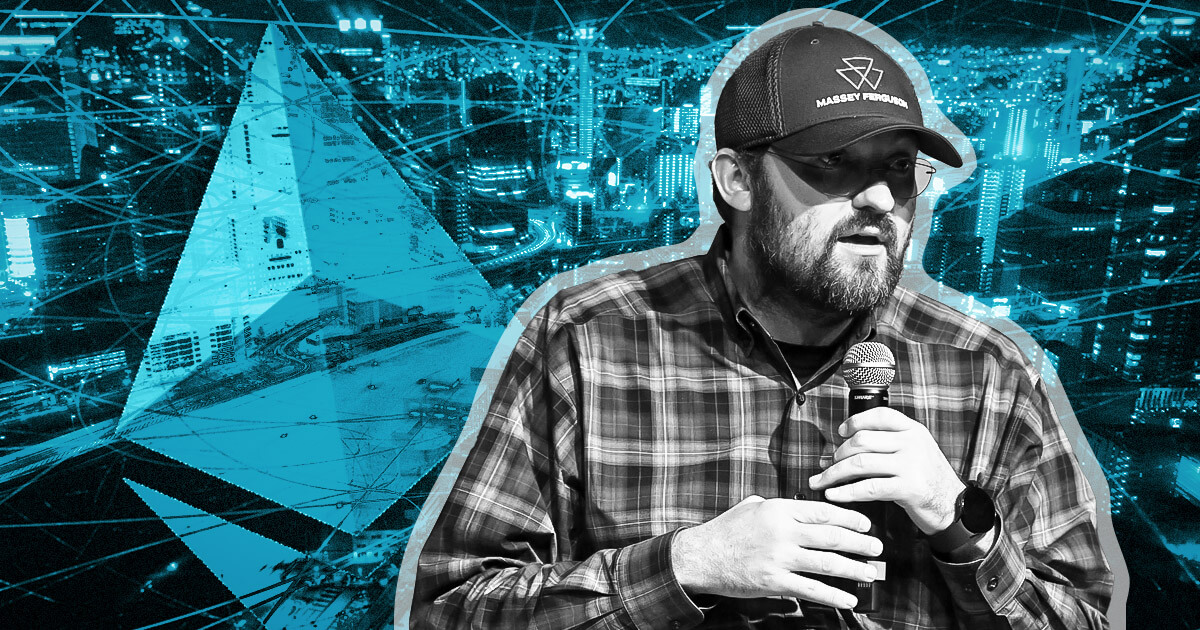Cardano founder and Ethereum co-creator Charles Hoskinson criticized Vitalik Buterin in a tweet on Nov. 25 for not acknowledging Cardano (ADA) for its innovations in staking.
Hoskinson’s remarks followed a recent interview, where Buterin discussed the Ethereum roadmap and proposed redesigning Ethereum’s (ETH) staking system to combat issues around centralization.
During the interview, Buterin went over potentially adopting the UTxO approach, which relies on unspent transactions, to address these challenges. This model differs from Ethereum’s current account-based system and is used by some blockchains, such as Bitcoin and Cardano.
The crypto community was quick to point out that this solution is similar to the approach Cardano has taken with its staking system. Hoskinson’s response to Buterin’s proposal was notably sarcastic, as he wrote:
“No worries, Ethereum 3 will have it all sorted.”
This isn’t the first instance of Hoskinson critiquing Ethereum’s staking system, having previously pointed out its inconveniences and similarities to features already implemented in Cardano’s ADA staking. His tweet highlighted a perceived delay in Ethereum’s development and adaptation.
Hoskinson further stated that the tweet was not an attempt at “fueling hostilities” but rather an expression of his confusion. He said:
“I am truly at a loss that Cardano can never be mentioned as an innovative ecosystem over on team E. V is rediscovering what we’ve been working on for almost a decade, and it’s like a new revelation.”
Buterin’s interview
Buterin was interviewed by DeFi and NFT platform Defiant in Turkey on Nov. 24, with most of the conversation on Ethereum’s roadmap.
Buterin addressed the pressing issue of staking centralization. He emphasized the need to redesign Ethereum’s staking mechanism to promote healthier mining and staking pools, thereby enhancing decentralization.
The initiative is a response to the challenges posed by data availability moving slower in off-chain systems due to high near-term and mid-term demands.
The Ethereum founder also discussed a major upcoming Ethereum upgrade, known as EIP 4844 or Danksharding. Buterin outlined that this upgrade aims to improve the data map space to 16 Megabytes per slot.
Post-upgrade, the main task would involve setting appropriate parameters and attributes for the system. This enhancement is part of Ethereum’s ongoing evolution to address scalability and efficiency.
Additionally, Buterin proposed the potential use of a voting system to govern future changes in Ethereum, suggesting that this could eliminate the need for hard forks. This idea indicates a shift towards a more democratic and less disruptive process for implementing significant changes on the network.
The Dencun upgrade, an integral part of this roadmap, is slated to go live in early 2024. The upgrade is expected to be a significant step in Ethereum’s journey, focusing on improving its scalability, efficiency, and decentralization.
